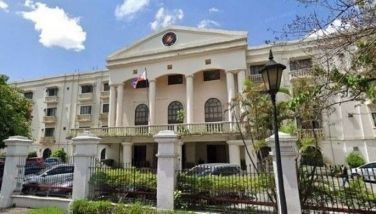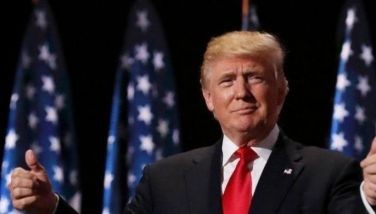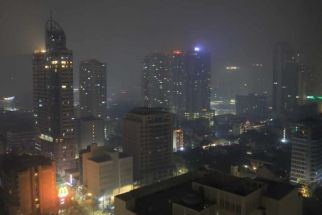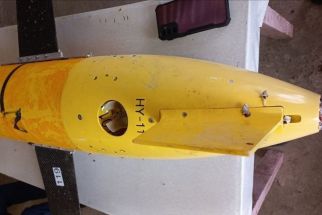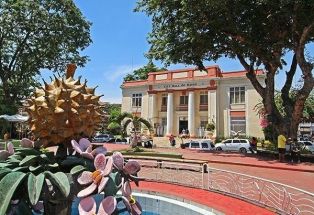Comelec wants ban on AI, deepfake campaign materials in 2025 polls
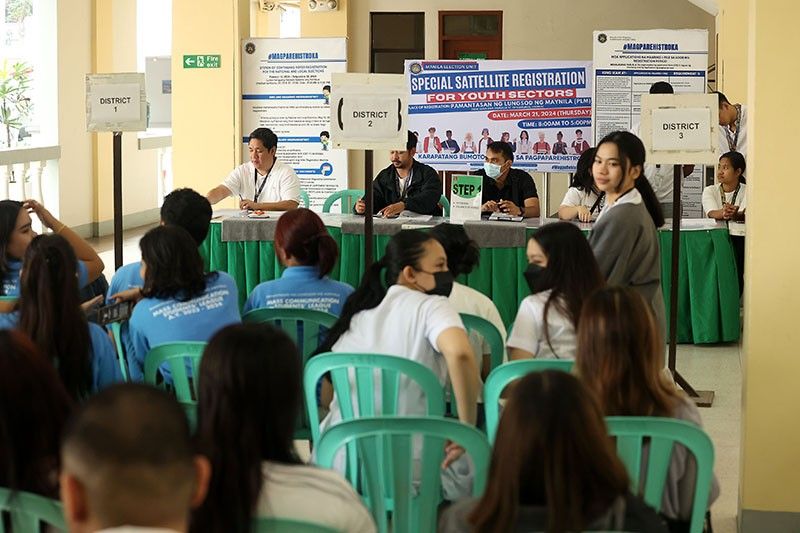
MANILA, Philippines — After struggling to stop the firehose of disinformation during past elections, the Commission on Elections is now seeking a ban on the use of artificial intelligence in campaign materials for the 2025 elections, including the creation of "deepfake" images or audio.
In a May 28 letter to the commission en banc, Comelec Chairperson George Garcia formally sought to prohibit candidates' use of artificial intelligence during their electoral campaigns, saying that "several election management experts" have flagged the dangers posed by AI technology in spreading "deceit misinformation between and among voters and candidates for elections."
“The abuse of AI technology and 'deepfake' videos undermines the integrity of elections and the credibility of public officials, candidates and election management authorities,” Garcia said.
“This defeats the very purpose of a campaign, which is to fully and truthfully inform the voting public about the elections and the candidates,” Garcia added.
Garcia said that several heads of state have already become victims of manipulated images or audio, including President Ferdinand Marcos Jr.
'Well-intentioned' policy, but problems remain
The poll body has yet to craft specific guidelines that will guide campaign teams on AI use. However, it previously admitted to being unable to stop the flood of online disinformation in the 2022 polls due to its lack of jurisdiction over digital platforms.
Marlon Nombrado, co-chairperson of the Out of the Box Media Literacy Initiative, said that the poll body's move to ban AI use is "well-intentioned" but should also be completed with specific and detailed guidelines.
"When it comes to cheap fakes, which are the more common forms of disinformation content we see online, such as altered media done using Photoshop and other conventional tech, the Comelec does not have effective mechanisms in place to regulate them. What more for AI-generated and more advanced disinformation?" Nombrado said in a message to Philstar.com.
The poll body's counter-disinformation initiatives should also include efforts to "establish greater transparency and accountability of candidates when it comes to their online/digital campaign expenditures," Nombrado said.
"As long as deniability is available to politicians when it comes to their use of disinformation strategies during elections, whatever form of platform ban or content takedown measure, it will be pointless. Comelec has to work even more closely with tech platforms, cybersecurity experts, and other election watchdogs working on this matter," the media literacy expert added.
In a hearing on House Bill 2820 or the proposed Internet and Social Media Regulation for Fair Elections Act in 2023, Comelec Commissioner Efraim Bag-id said they had trouble enforcing their existing social media regulations as they could not take down false content online on their own.
More covert forms of disinformation deployed during the 2022 elections such as political influence operations had escape scrutiny as payments for these were left out of candidates' officially declared campaign expenses, a 2023 study by disinformation researchers found.
The study said that the government's regulations for electoral campaigns were "weak, porous, and exploited by politicians," and essentially gave campaign teams free reign to spend millions on political influencer contracts without having to disclose this to the poll body.
Based on the monitoring of Legal Network for Truthful Elections (Lente), as shared in the 2023 House hearing, disinformation primarily spreads through “affiliate pages” or accounts not directly involved with the candidate.
In April, the Presidential Communications Office issued a warning against a circulating video that featured manipulated audio of the president telling the Armed Forces of the Philippines to take action against a foreign country.
- Latest
- Trending














